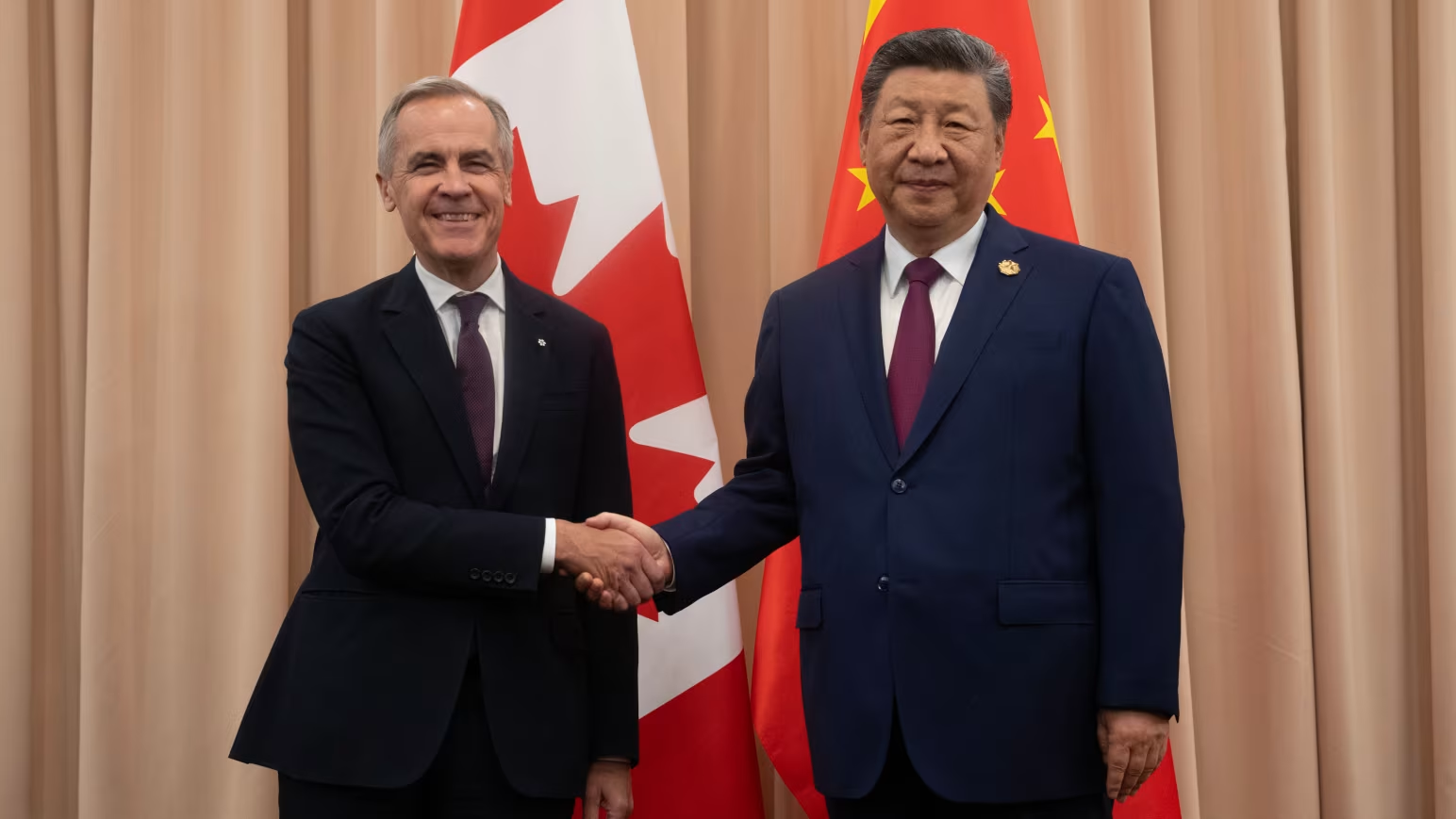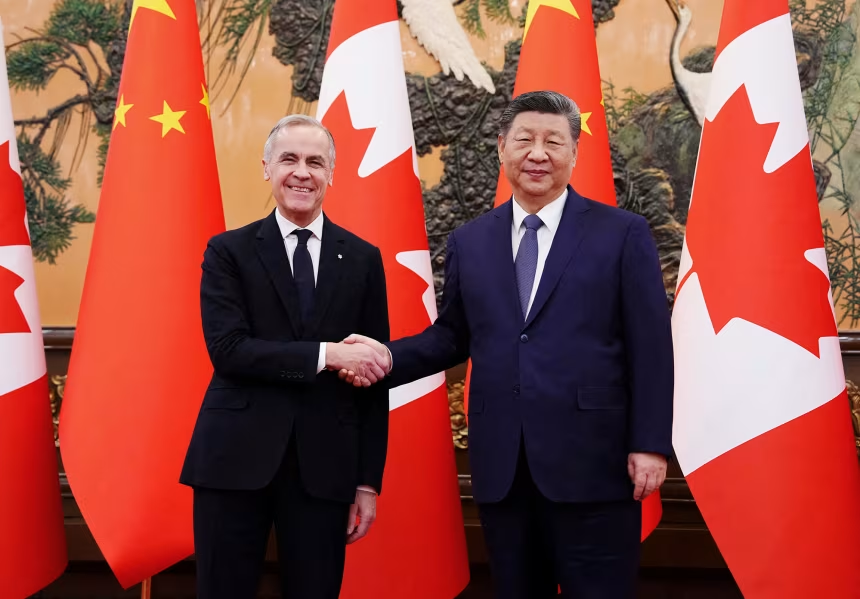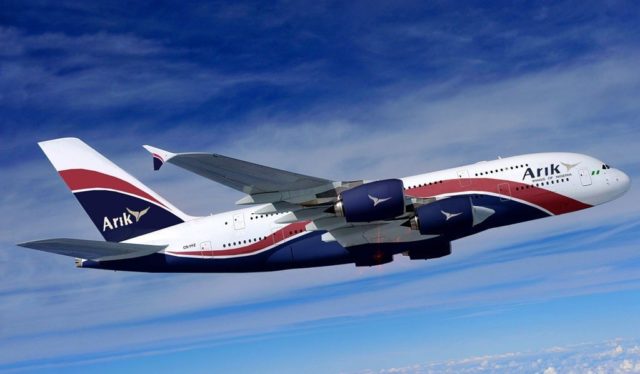Now Reading: Trump’s Trade War Pushes Canada Toward Closer Ties With China
-
01
Trump’s Trade War Pushes Canada Toward Closer Ties With China
Trump’s Trade War Pushes Canada Toward Closer Ties With China

Canada is increasingly looking to China as trade tensions with the United States intensify, reshaping the country’s diplomatic and economic strategies.
Relations between Ottawa and Beijing had long been strained. The 2018 arrest of Chinese technology executive Meng Wanzhou in Vancouver triggered retaliatory detention of two Canadians, Michael Kovrig and Michael Spavor, on espionage charges. The episode left deep mistrust between the two nations, only partially eased when the Canadians were released nearly three years later.
The thaw began last month when Canadian Foreign Minister Anita Anand visited Beijing to meet her counterpart Wang Yi. Subsequently, Prime Minister Mark Carney met Chinese President Xi Jinping at the Asia-Pacific Economic Cooperation (APEC) summit in South Korea—the first such meeting in eight years. Their 40-minute discussion was hailed as a turning point, with both leaders pledging to strengthen trade cooperation and Carney planning a visit to China.
Diplomatic efforts have been accompanied by tangible economic shifts. Canada imposed a 100% tariff on Chinese electric vehicles alongside the US, prompting Beijing to retaliate with tariffs on Canadian agricultural products, including canola oil and seeds. Trade negotiations with the US have stalled amid disputes over anti-tariff ads from Ontario, Canada’s most populous province.
With the US now viewed as Canada’s most significant economic challenge, analysts say turning toward China has become a pragmatic choice. “Canada’s policy toward China has undergone a 180-degree shift,” said Lynette Ong of the University of Toronto’s Munk School of Global Affairs, adding that Ottawa is rethinking its relationship with Beijing out of necessity.
Public sentiment mirrors this trend. Recent polls show Canadians perceive the US as a greater threat than China, though overall attitudes toward China remain cautious.
Experts caution that China’s outreach may come with strategic expectations. Former detainee Michael Kovrig noted Beijing seeks to “condition access to senior leaders and political cooperation” on respect for its core interests, including Taiwan and human rights. Analysts also warn that Canada must carefully balance its ties with both Washington and Beijing to avoid alienating its closest ally.
Some see opportunity, suggesting Canada could act as a mediator between the US and China, leveraging its geographical and economic position. However, careful navigation will be essential as Ottawa charts its course in this shifting geopolitical landscape.




